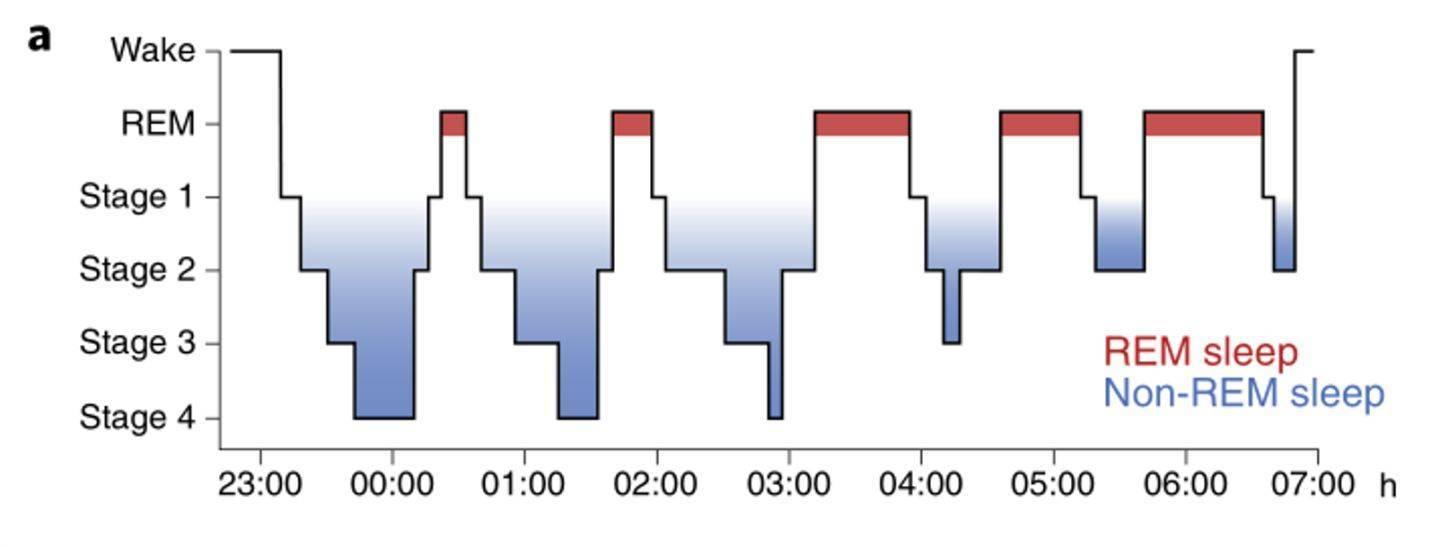"Amyloid-PET Scan: Unlocking the Secrets of Alzheimer's with Cutting-Edge Imaging Technology"
Guide or Summary:Amyloid-PET Scan: An Innovative Tool for Early Diagnosis and Management of Alzheimer's DiseaseAmyloid - The Culprit Behind Alzheimer'sPET……
Guide or Summary:
- Amyloid-PET Scan: An Innovative Tool for Early Diagnosis and Management of Alzheimer's Disease
- Amyloid - The Culprit Behind Alzheimer's
- PET - The Power of Positron Emission Tomography
- Advantages of the Amyloid-PET Scan
Amyloid-PET Scan: An Innovative Tool for Early Diagnosis and Management of Alzheimer's Disease
In the ongoing battle against Alzheimer's Disease, the search for effective diagnostic tools has never been more critical. The Amyloid-PET scan emerges as a game-changer in this quest, offering a non-invasive method to detect the early stages of Alzheimer's with remarkable accuracy. This article delves into the intricacies of the Amyloid-PET scan, its significance in the early diagnosis and management of Alzheimer's, and how it is revolutionizing the field of neurology.
Amyloid - The Culprit Behind Alzheimer's
At the core of Alzheimer's disease lies an abnormal protein called amyloid-beta, which accumulates in the brain, forming plaques that disrupt normal brain function. The buildup of these plaques is believed to be a key factor in the cognitive decline associated with Alzheimer's. The Amyloid-PET scan specifically targets these plaques, providing a clear, detailed image of amyloid deposits in the brain.
PET - The Power of Positron Emission Tomography
Positron Emission Tomography (PET) is a nuclear imaging technique that uses radioactive tracers to obtain detailed images of the brain's metabolic and physiological processes. When combined with the specificity of amyloid imaging, PET scans provide a powerful tool for diagnosing Alzheimer's at an early stage. The Amyloid-PET scan uses a radiolabeled compound that binds specifically to amyloid plaques, allowing for highly accurate visualization of these deposits.

Early Diagnosis and Management
Early diagnosis is crucial in managing Alzheimer's disease effectively. Traditional diagnostic methods, such as cognitive assessments and brain scans, often fall short in detecting the early signs of Alzheimer's. The Amyloid-PET scan offers a significant advantage by identifying amyloid plaques long before cognitive symptoms become apparent. This early detection allows for timely intervention, potentially slowing the progression of the disease and improving the quality of life for patients.
Advantages of the Amyloid-PET Scan
1. Early Detection: The Amyloid-PET scan can detect amyloid plaques even before the onset of cognitive symptoms, allowing for early intervention and potentially halting the disease's progression.
2. High Accuracy: With its ability to specifically target amyloid plaques, the Amyloid-PET scan offers unparalleled accuracy in diagnosing Alzheimer's.
3. Non-Invasive: Unlike some other diagnostic methods, the Amyloid-PET scan is non-invasive, making it a safer and more comfortable option for patients.
4. Comprehensive Imaging: The Amyloid-PET scan provides a detailed, three-dimensional image of the brain, enabling a thorough assessment of amyloid deposits and their distribution.
5. Guided Treatment: The precise localization of amyloid plaques facilitates targeted treatment plans, optimizing the management of Alzheimer's disease.
Conclusion
The Amyloid-PET scan represents a significant advancement in the diagnosis and management of Alzheimer's disease. Its ability to detect amyloid plaques early and with high accuracy offers a new avenue for early intervention and personalized treatment. As the search for effective Alzheimer's therapies continues, the Amyloid-PET scan stands as a beacon of hope, unlocking the secrets of Alzheimer's and paving the way for a brighter future for those affected by this devastating condition.